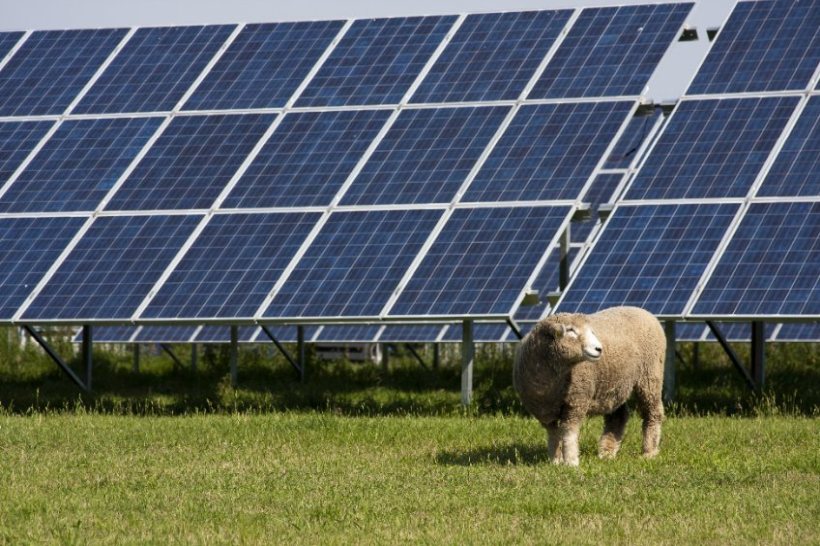
The government must maintain green incentives for farming and sort out issues with tax reliefs to harness the sector’s potential to reach the UK’s net zero targets by 2025.
This is according to Joe Spencer, partner at rural accountancy firm MHA, who has made the comments ahead of the Chancellor’s Spring Budget on 15 March.
In this article, he writes that the government must clarify tax relief confusion to let farmers help drive the country's green transition.
"The government must make clear its intentions to extend R&D and related tax reliefs on energy efficient solutions and to maintain existing reliefs for installing wind, solar, and other green technology on farmland.
"Providing the agricultural sector with sufficient incentives to install green energy will be central to the government meeting its net zero targets by 2050.
"With 11% of UK electricity demand already being met by solar, the government must harness farming to build on this success, not let it wane.
"While the introduction of Bio-Diversity Net Gain schemes in 2021 was widely welcomed by the sector as a means to protect the natural environment, many farmers are confused as to how it impacts their Capital Gains and Inheritance tax (IHT) positions.
"Clearer guidelines and legislation would empower farmers to make confident decisions and ultimately encourage greater use of the scheme.
“The sector will also be hoping for renewed assurance on the long-term security of Agricultural Property Relief (APR), which provides farmers with much-needed relief from IHT.
"Previous parliamentary reviews suggested this may be removed which would have a fundamental impact on the industry and succession in farming businesses.
"Changes to APR would put the continuity of many farm businesses in jeopardy as funding significant IHT to maintain a farm on death would in nearly every case not be viable.
"With margins being squeezed and the value of farmland set at significant levels, many would need to sell the farm to settle up with HMRC, going against the wishes of families who have farmed for generations.
"Within the capital allowances regime, while the super deduction is expiring on 31 March, a similar deduction for unincorporated farming businesses would be very welcome.
"Many farming businesses operating as partnerships were unable to benefit from the super deduction relief as it was only made available to corporate businesses.
"The Spring Budget presents an opportunity for the Chancellor to right that wrong, especially at a time when our food security is more important than ever.”
